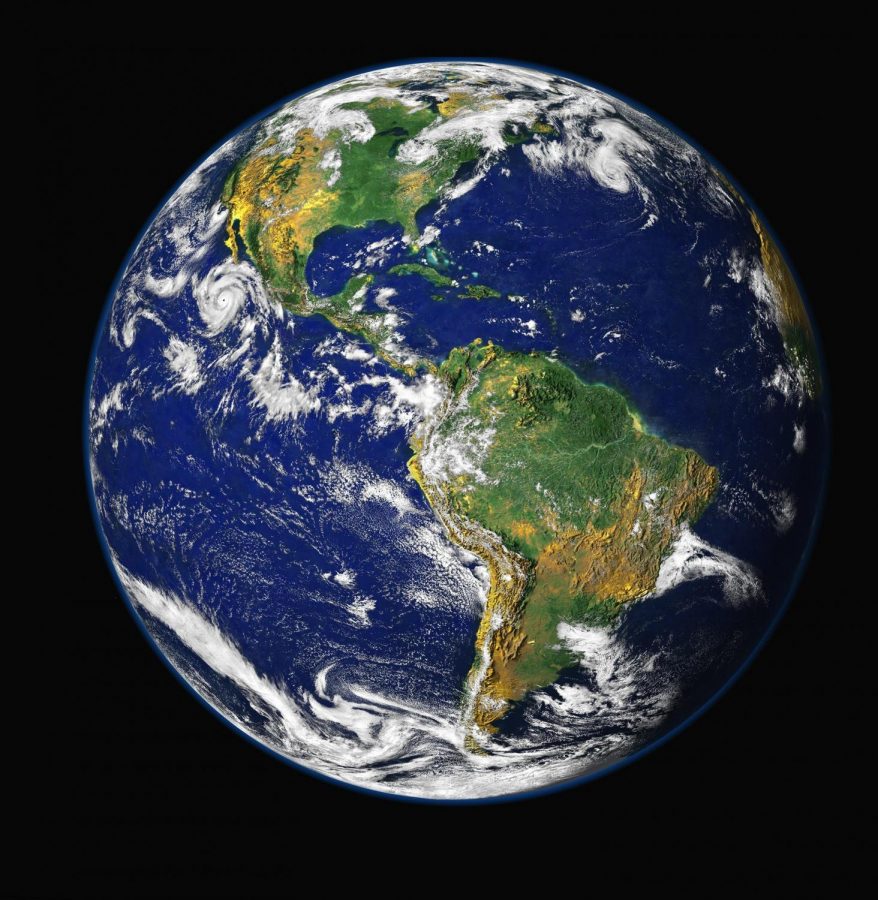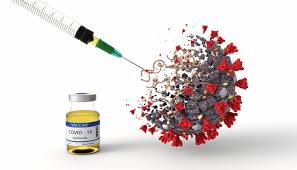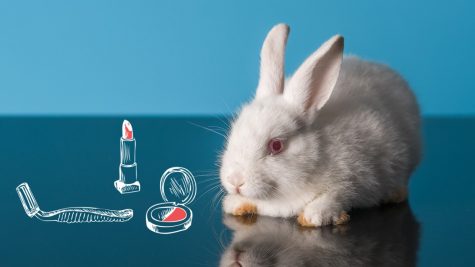5 Small Changes to be More Environmentally Friendly
Here are five of my favorite ways (that don’t take a lot of work) and could help to save our planet and the animals who live in it!
This year I am taking AP Environmental Science and have learned a lot about the environment and the importance of taking care of it. After much research, here are five of my favorite ways (that don’t take a lot of work) and could help to save our planet and the animals who live in it.
- Reusable Coffee Cup- Most people have resuasable water bottles, but have you ever considered investing in a reusable coffee cup? According to the website INDEPENDENT, 2.5 billion disposable coffee cups are wasted each year! You can purchase your cheapest option of reusable coffee cup at the dollar store, or for those who like to splurge, you can find some cute options at Starbucks.
- Reusable Grocery Bags- Reusable Grocery Bags may seem like an obvious method to reduce plastic, but don’t forget to let your cashier know that you are toting your own bag. Embarrassingly enough, last week I walked into the Harris Teeter with my reusable bag in hand. During checkout I was so distracted by my cute cashier, that I ended up walking out of the store with my reusable bag in my left hand and the plastic bag holding my groceries in my right.
- Reusable Straws– According to the website Sailor For the Sea, “straws are consistently on the top 10 lists for marine debris collected every year during the International Coastal Cleanup. It is estimated that Americans use a whopping 500 million straws per day.” And that is just in America! Imagine the number of disposable straws used daily all around the world. Plastic straws are rarely recyclable, requiring special facilities, and they almost always end up in a landfill, or worse the ocean. Over their lifespan the straw breaks down into smaller and smaller, even microscopic pieces. Pieces so small that single-celled organisms and other marine life eat them – the plastic remains forever – and then starts back up the food chain.
- Go to the farmer’s market– Reduce your carbon footprint by buying seasonal fruits and vegetables from local farms. Buying locally reduces emissions from fuel used to transport food to you and supports local farmers.
- Freecycle– Do you have old clothes, furniture, or other miscellaneous things that you are planning on getting rid of? If you do, than you are the perfect candidate for freecycling! Freckling is a grassroots and entirely nonprofit movement of people who are giving (and getting) stuff for free in their own towns and neighborhoods. It’s all about reuse and keeping good stuff out of landfills. If you are interested in finding a group near you please visit https://www.freecycle.org.








